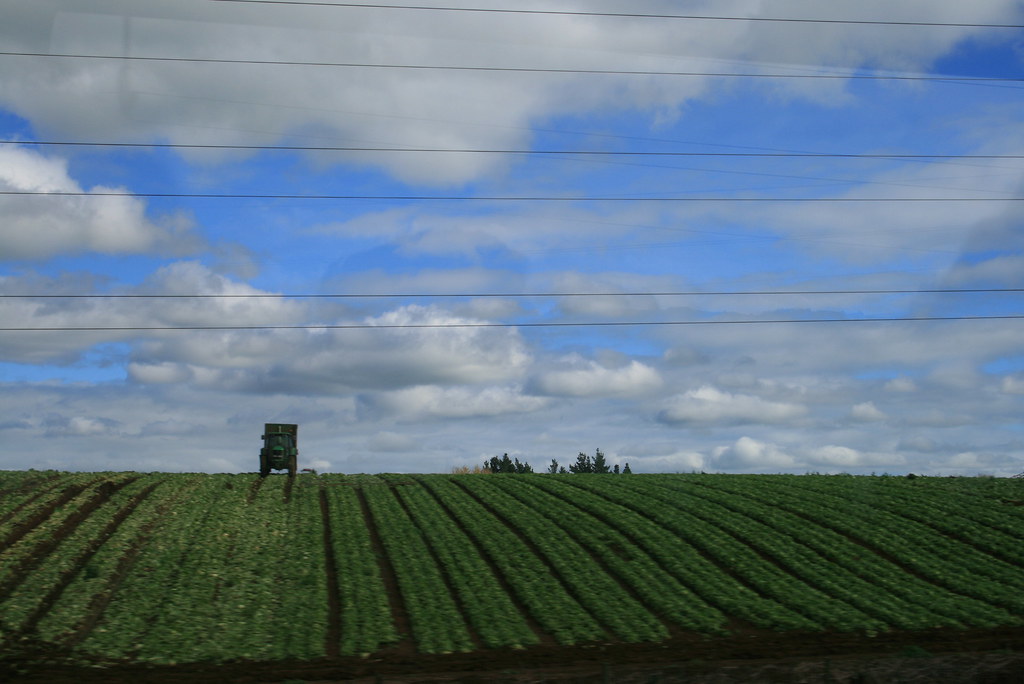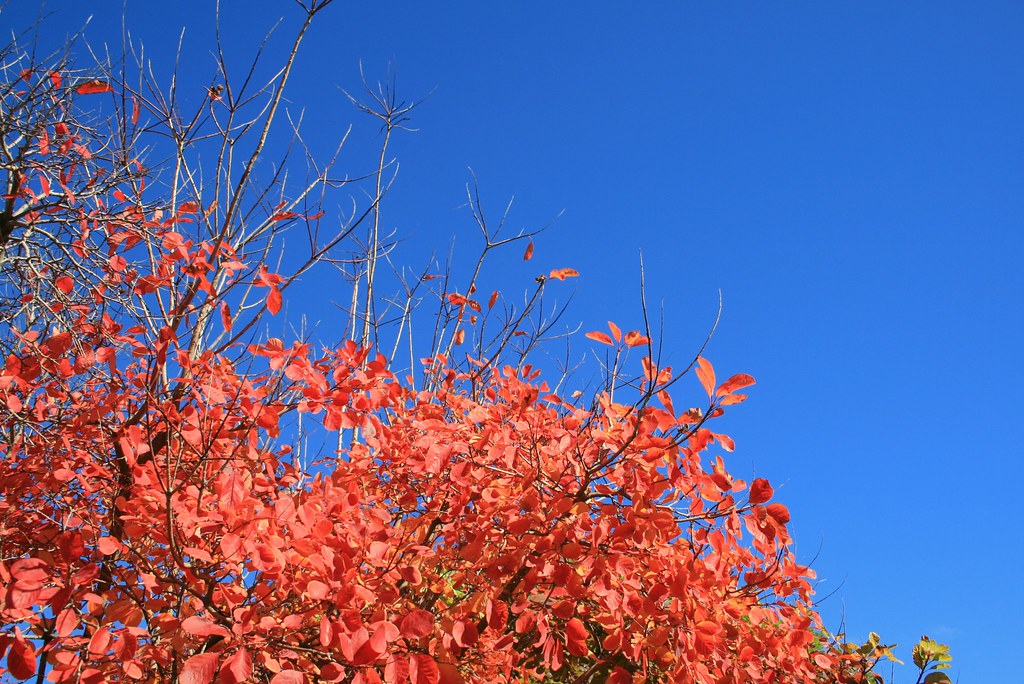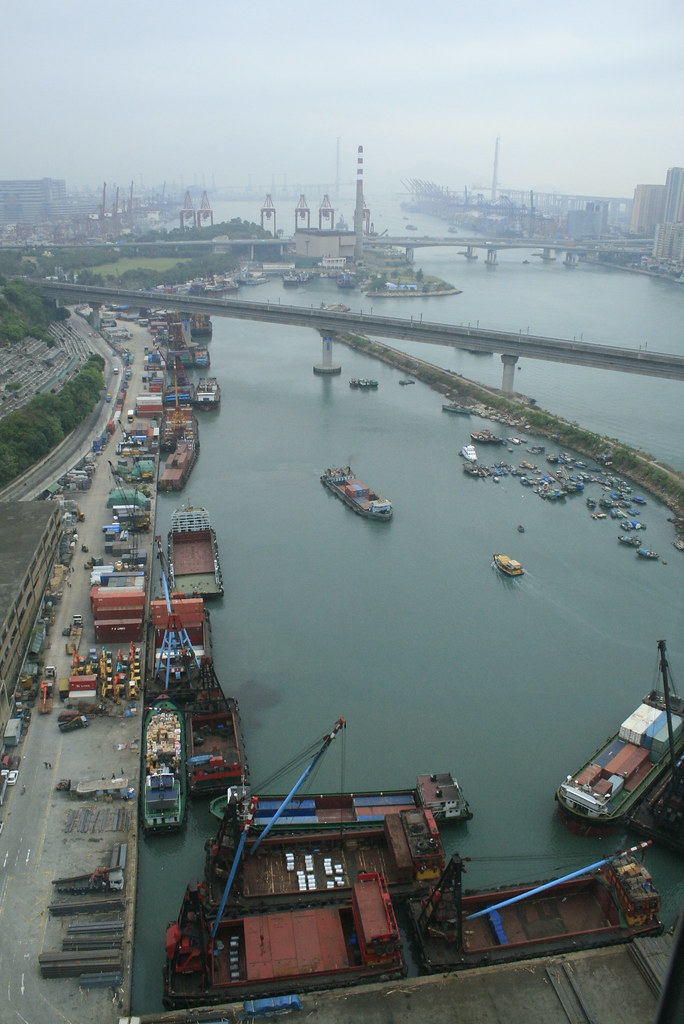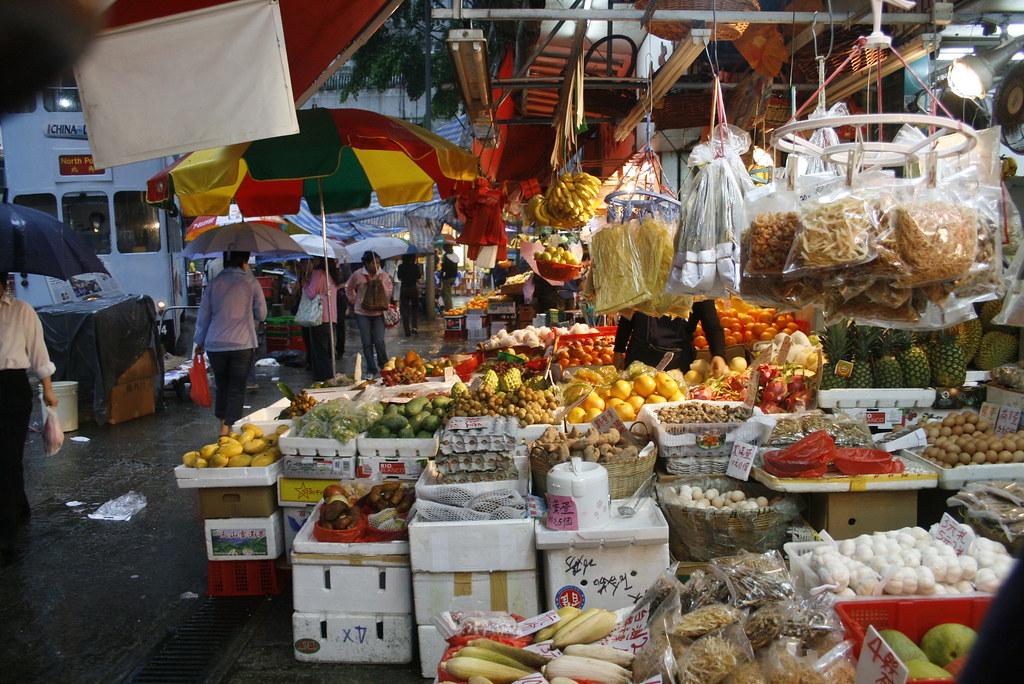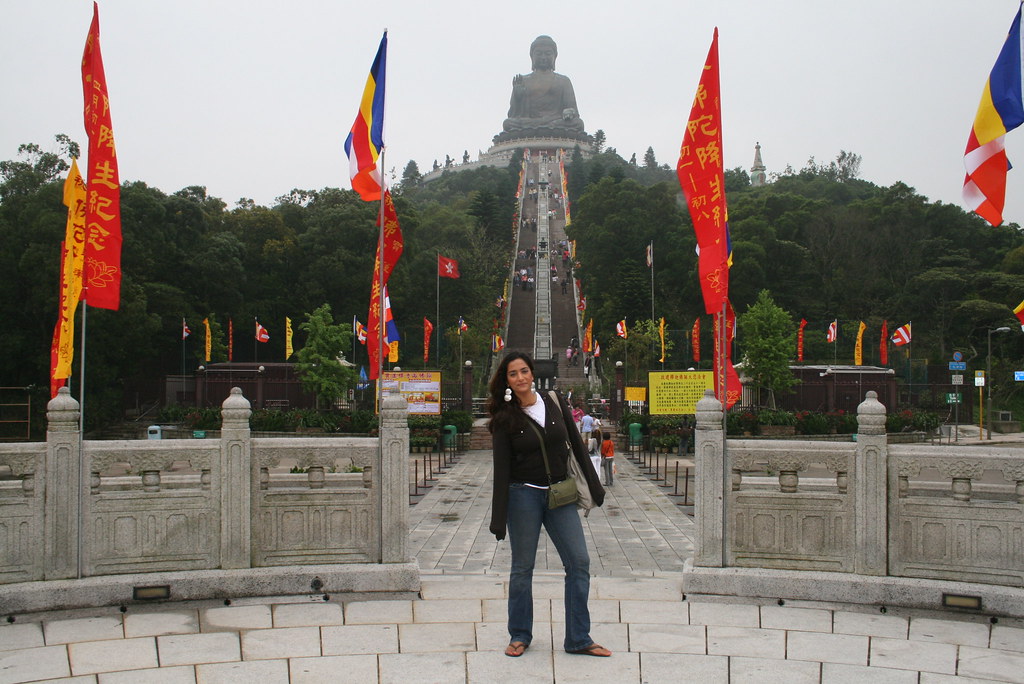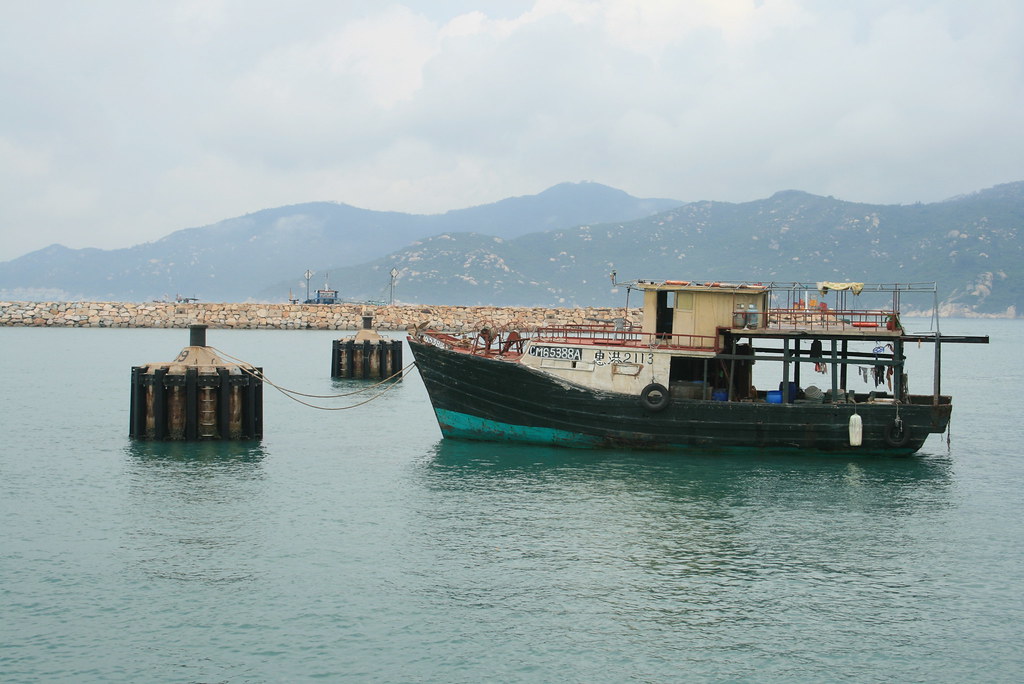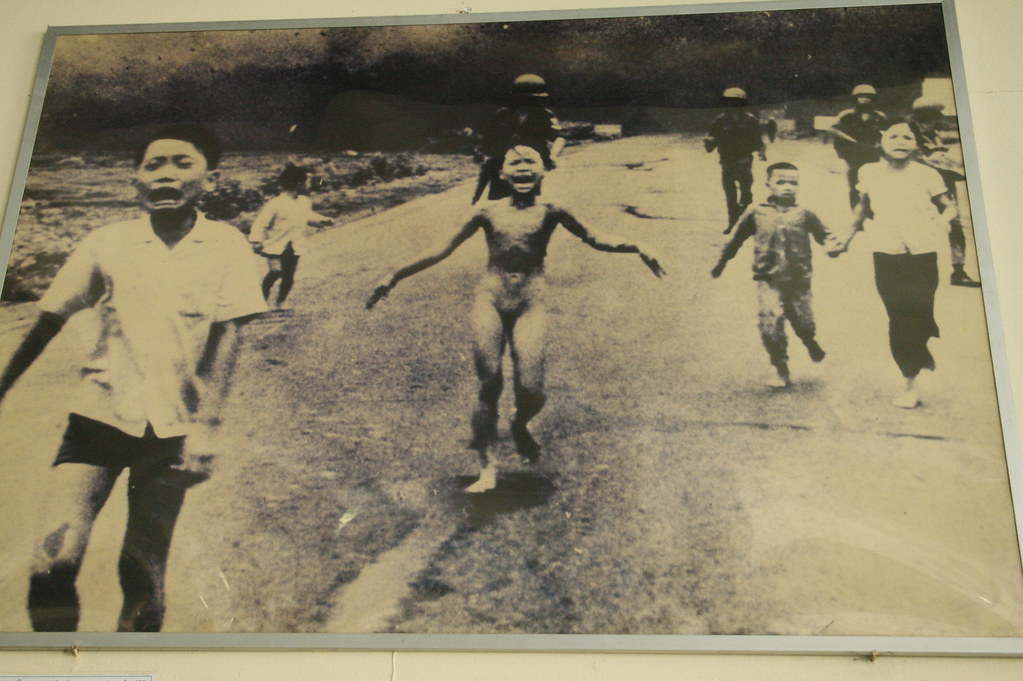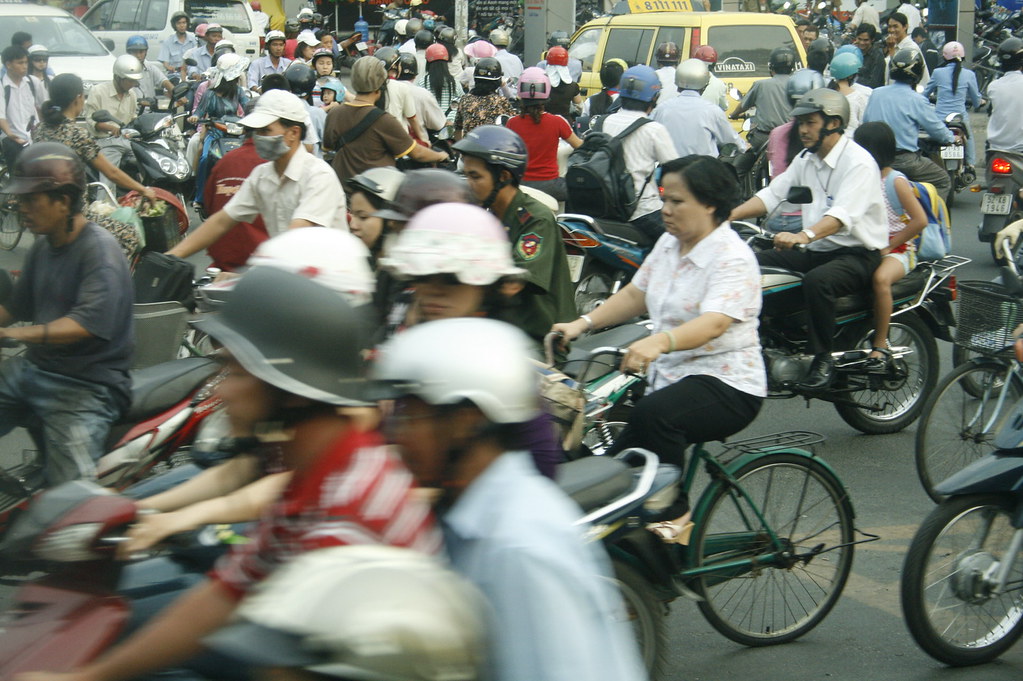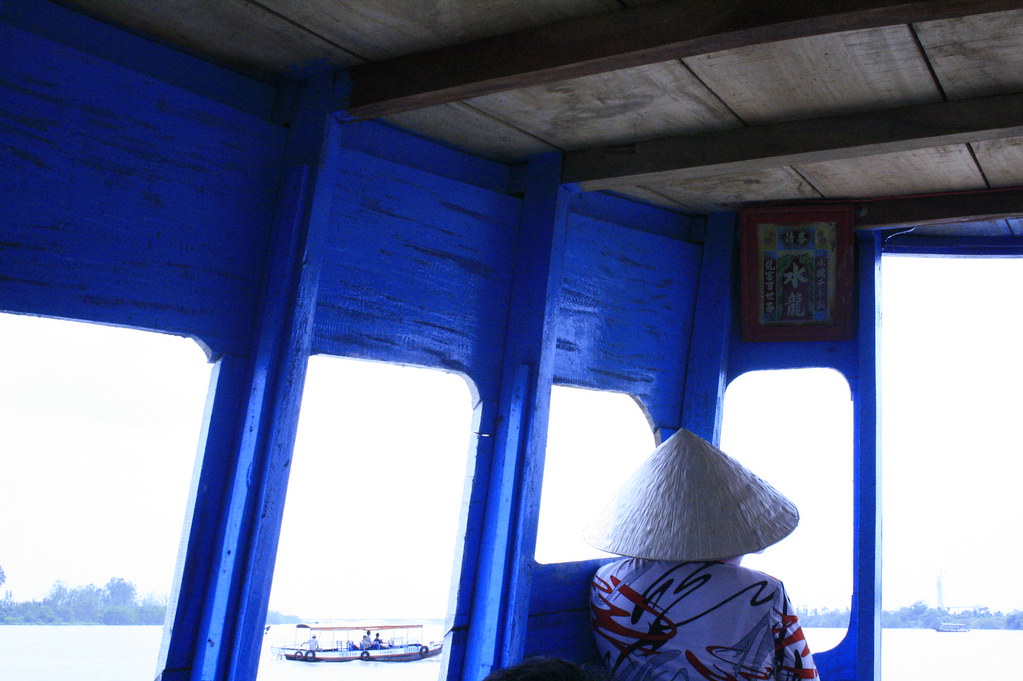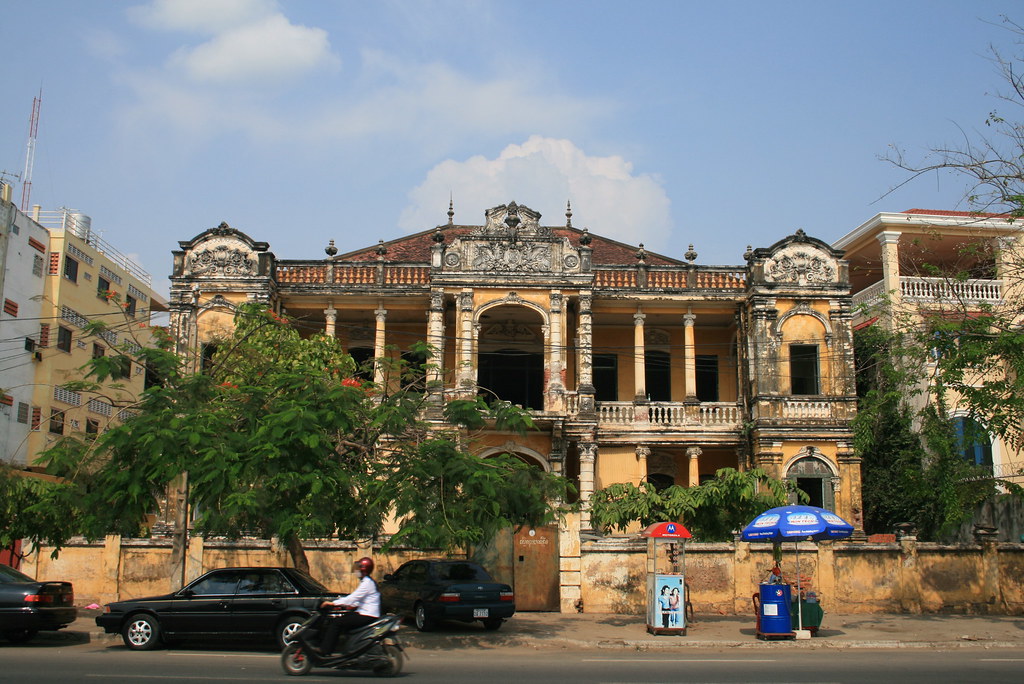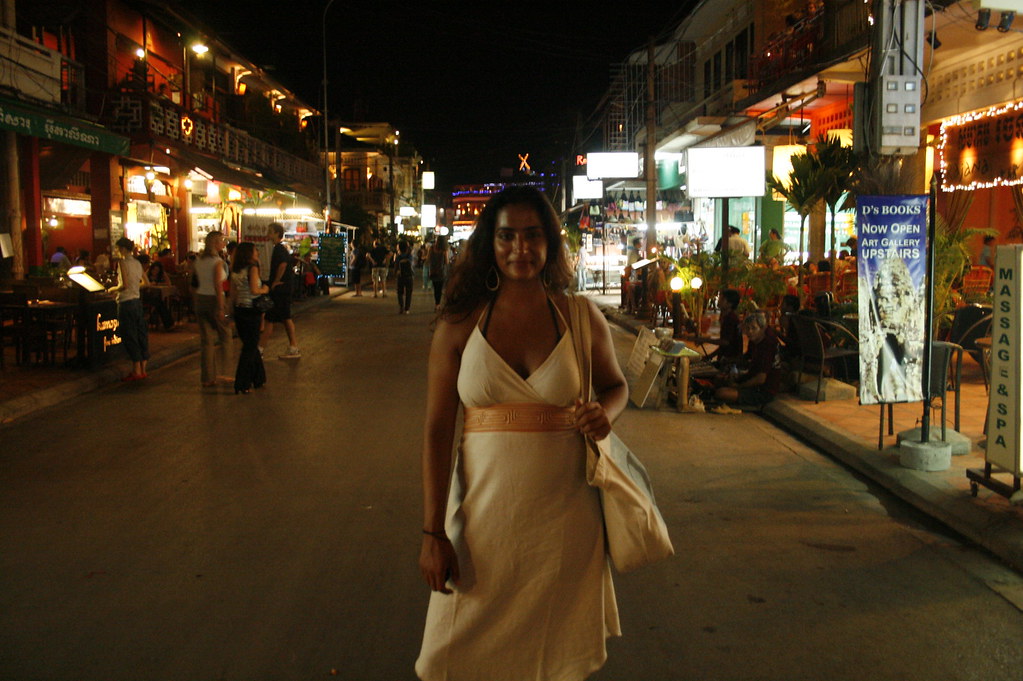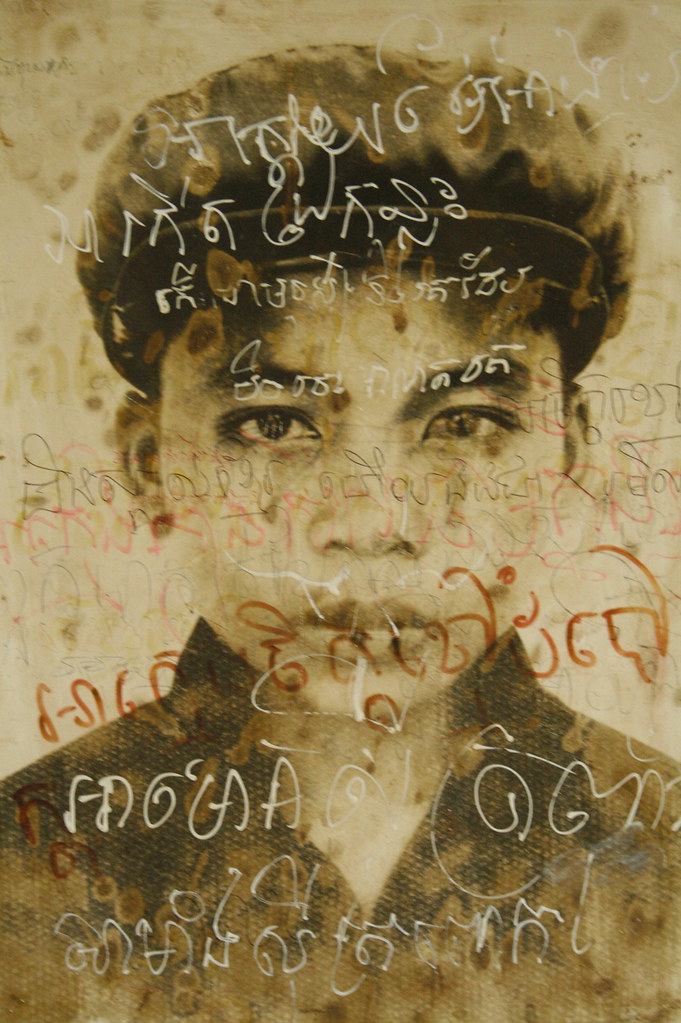 A free outdoor dance party in Central Park every Sunday!
A free outdoor dance party in Central Park every Sunday! 
My uncle and aunt restate their wedding vows the "Indian way" after 25 years of marriage
 Catching up with a friend at a BBQ on memorial day weekend
Catching up with a friend at a BBQ on memorial day weekend
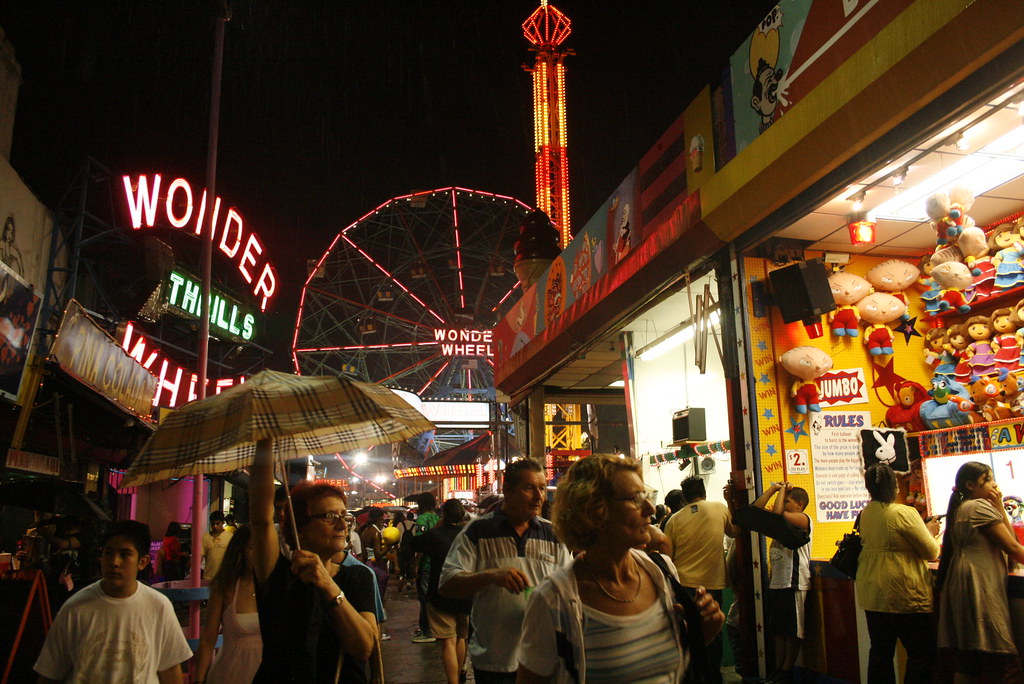 Coney Island , despite rumors of extreme makeover is still vibrant and kicking with lights, diversity and colors
Coney Island , despite rumors of extreme makeover is still vibrant and kicking with lights, diversity and colors
 Seun Kuti ( Fela Kuti's son) performs at summer stage for a free concert
Seun Kuti ( Fela Kuti's son) performs at summer stage for a free concert
 Catching up with a friend at a BBQ on memorial day weekend
Catching up with a friend at a BBQ on memorial day weekend Coney Island , despite rumors of extreme makeover is still vibrant and kicking with lights, diversity and colors
Coney Island , despite rumors of extreme makeover is still vibrant and kicking with lights, diversity and colors Seun Kuti ( Fela Kuti's son) performs at summer stage for a free concert
Seun Kuti ( Fela Kuti's son) performs at summer stage for a free concertI have been back in NYC for 2 months since my trip. I spent the first month catching up with friends and trying to get back into the pace of things here. After talking to so many people who hadn't read my blog or kept in touch and hearing the same questions and giving the same answers I was a little disenchanted and not very excited about talking about summing up my trip or what I learned to people. You don't want to hear cliche answers and you want to get into details and emotions but how much can you say about a life changing experience in a brief encounter with an old friend.
Other than that issue, I had to deal with feeling let down to see what I was coming back to. Things were not as exciting as I remembered. Ofcourse it was nice to have a proper NYC slice again and jump on the train and hear some great musicians and see some good street art, but I realized how much less balanced life is in New York City. How unsustainable, how it was less holistic than other cities. I felt overwhelmed by the amount of concrete I had to deal with . I was disturbed by how much people were consuming and not recycling. I felt saddened by the lack of warmth I felt in everyday interactions. Some of these perceptions were real and some of them seemed heightened because I was back to the familiar. I didn't feel the energy and excitement of waking up in a different city. Of learning so much , of challenging myself.
Recently I have felt different. After reaching out to friends that were supportive of me, after going to outdoor concerts, seeing people working on community gardens, going to various events, and being around people that are involved in dynamic and important struggles here I realized how much I was overlooking. I've been slowly trying to get involved in new projects.
I am currently looking for work as a community organizer, or with a non-profit or NGO. After working as a waitress and hostess for the last 9 years, its a big leap for me to actually be able to get paid for something I like doing. My trip helped me feel confident about what I have to offer the world. It also made me learn to ask for myself. When you wake up in a country you have never been to, don't have any personal contacts and don't speak the language very well, you are forced to make interactions through the day to eat, to socialize, to learn and these interactions become the most memorable experiences in these places. It took me awhile, but I realized I can have those interactions here too, if only I allow myself to. I have always been spontaneous and aware of my surroundings but now even more so.
In many ways I feel lucky to be here in Queens New York City at this moment in history. The most diverse county in the nation, and most likely the world. I am not traveling , but I have the world at my fingertips here. In my communities. The local has always been tied to global forces and agencies. It is important for us to have both perspectives and remind ourselves that nothing is isolated. Everything is intertwined.
So what now? Well other than get a job and try to use the skills and lessons I built on my trip, I am happy to say I will start an MBA program at New School University this fall in International Affairs. I look forward to using my research to build a larger project and also think of further projects and work I can do in the future.
I am also working on a documentary photography book of my trip which should be done soon.
Sometimes I see something, look at a picture, read an article or hear a familiar word, or see something that reminds me of something about my trip and I get these moments of clarity and peace and so many memories come flooding back to me and I think wow I did it. Me ... a working class woman of color . I had this dream and I validated it. I have so many connections and friends that I made in various places that I still talk to and I rarely feel lonely or alienated. After all, this is something I wanted more than anything, to feel apart of the world. To feel apart of history and tied to other struggles and other lives all over this world. My life has not become completely easy and every day there are new challenges but I have a world to reference . The stories, the people , the struggles all right there for me to use to help guide me. I realize that many of you have a dream to travel and to do projects in other places. I want to tell you I would be happy to talk to any of you about developing projects or seeking to become involved in struggles abroad.
I would like to add that another thing I realized is I feel much more confident in my ability to live abroad. The idea doesn't scare me and I am definitely giving it a thought. I still need to get fluent in a few more languages. I still need to do more research. At the same time, I have rediscovered the great aspects of New York City and seen that here, there are a number of ways for me to get involved, to be apart of making this city better and to make connections to a global community! I am so happy to be able to apply what I've learned and spread the lessons here.
I also want those of you that are away now to post guest blogs on my page. I currently have two friends in South America and I thought, thought I am not traveling anymore, people in my network are! We must share and grow and become our own journalists and do our own research and eyes for the rest of the world . It is our duty while we travel to give a voice to the voiceless. So this is not the end .... just the beginning. Please feel free to email me if you would like to build.
Peace , love and solidarity to you, the reader, whom ever you are , wherever you are in the world.
Brothers and sisters in the global struggles....
